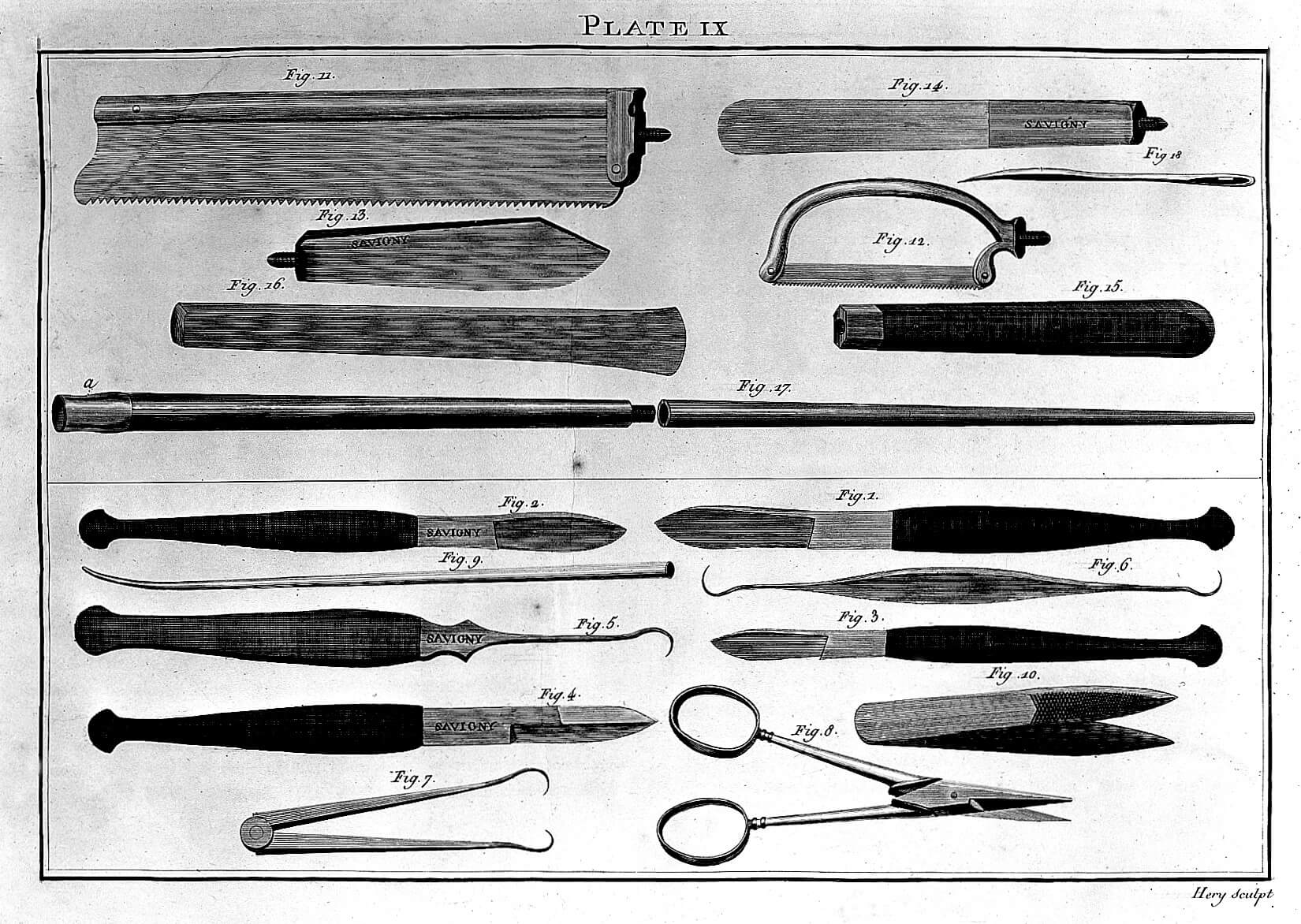We Murder to Dissect
Some thoughts on reading

Peter Leithart once wrote, “I want to read the Old Testament and the New as a disciple of Jesus, and that means following in the footsteps of the disciples’ methods of reading. I am not satisfied with learning to read only the Bible from Jesus and Paul. As a disciple of Jesus, I want to follow his lead whenever I pick up a text, whether it be the Song of Songs or Song of Myself. I begin from the assumption that the apostles are not employing some bizarre form of sacred hermeneutics when they find Christology and ecclesiology around every corner of the Old Testament. They are giving us pointers to the nature of reading itself: clues to the meaning of meaning, the functions of language, and the proper modes of interpretation.”
Learning to listen, to read with attentiveness, to attune our ears to echoes resounding from the pages of Scripture to great literature and back again, remains an important discipline for every disciple. Without that discipline, we often fall to analyzing and dissecting texts before we have really looked at them, before hearing them, before letting them roll around a bit in our minds. This is particularly tragic when it happens with Scripture, as Leithart primarily addressed, but should be avoided when reading any great text.
When we teach students to read texts through the lens of analysis first – find and identify the plot, schemes, motifs, tropes, metaphors, similes, etc. – we cannot be surprised when they do not love the texts we say we love. If we love them, we should let them live.
Analysis has its time and place, but perhaps its time and place is a bit more removed from the classroom than we currently have it.
Falling in love with a story while you are forever pausing to analyze through a litany of terms is like adopting as a family pet the frog you are dissecting. It’s just not right. There is no life to it. As teachers, and readers, we need to put down the scalpel and listen, modeling and teaching our students to do the same.
“Sweet is the lore which nature brings;
Our meddling intellect
Misshapes the beauteous forms of things;
—We murder to dissect.”
(William Wordsworth, from “The Tables Turned”)

Brian Phillips
Dr. Brian Phillips serves as a pastor in Concord, NC, where he lives with his wife and their four children.










